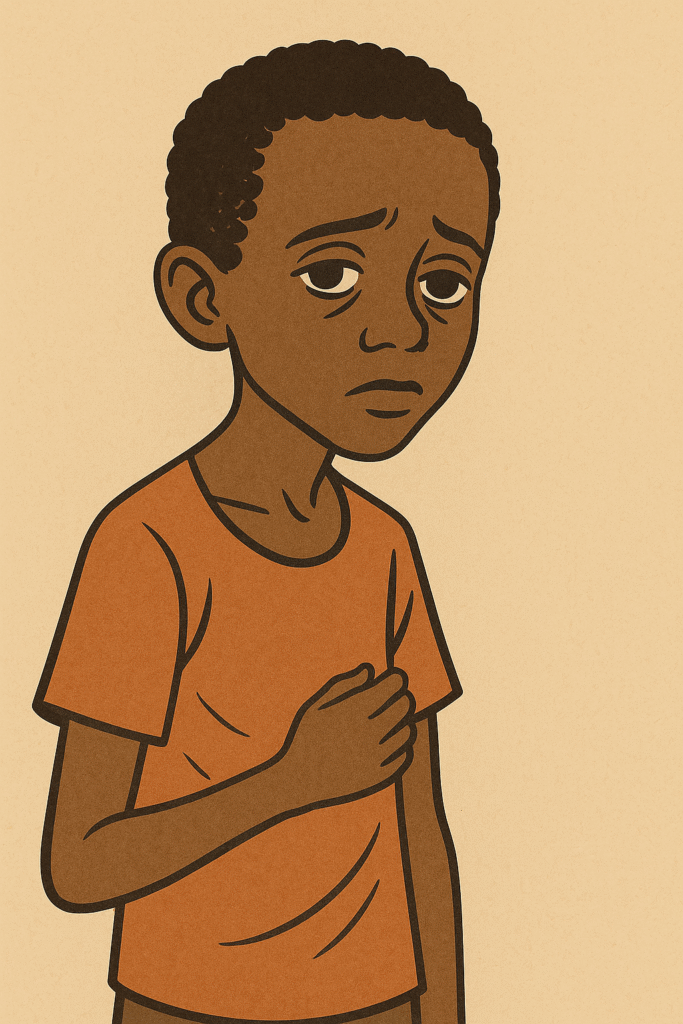Micronutrient Deficiencies in Africa: The Hidden Hunger

When people think of hunger, they often imagine empty plates and lack of food. But there’s another form of hunger that isn’t as visible — micronutrient deficiency, often called hidden hunger. It affects millions of Africans, even those who eat enough calories daily, because their diets lack essential vitamins and minerals.
What is Hidden Hunger?
Hidden hunger occurs when people eat enough to survive but don’t get the right nutrients to thrive. Unlike acute hunger, which causes immediate weakness, micronutrient deficiencies lead to long-term health problems.
The most common deficiencies in Africa are:
-
Iron → leading to anemia and fatigue.
-
Vitamin A → increasing risk of blindness and infections.
-
Iodine → causing goiter and impaired brain development.
-
Zinc → weakening immunity and slowing growth.
Why Is It So Common in Africa?
Several factors contribute:
-
Monotonous diets – Heavy reliance on starchy foods like cassava, maize, and rice, which lack micronutrients.
-
Poverty – Limited access to diverse, nutrient-rich foods like fruits, vegetables, fish, and meat.
-
Poor agricultural practices – Soil depletion reduces nutrient quality in crops.
-
Health issues – Malaria, diarrhea, and infections worsen nutrient absorption.
The Impact on Health & Society
-
Children suffer stunted growth and poor school performance.
-
Women face higher risks during pregnancy, leading to maternal and infant mortality.
-
Adults experience reduced productivity and weakened immunity.
Solutions to Hidden Hunger
-
Food Fortification – Adding vitamins and minerals to staple foods (e.g., fortified flour, salt, oil).
-
Biofortification – Growing nutrient-rich crops like vitamin A-rich sweet potatoes.
-
Nutrition Education – Teaching families the value of balanced diets.
-
Healthcare Interventions – Supplement programs for pregnant women and children.
-
Policy & Partnerships – Governments, NGOs, and private companies working together.
Conclusion
Hidden hunger is a silent epidemic in Africa. By prioritizing nutrient-rich foods, supporting fortification programs, and investing in public health, the continent can fight micronutrient deficiencies and unlock the full potential of its people.
Written by Fawzi Rufai, Medically Reviewed by Sesan Kareem



